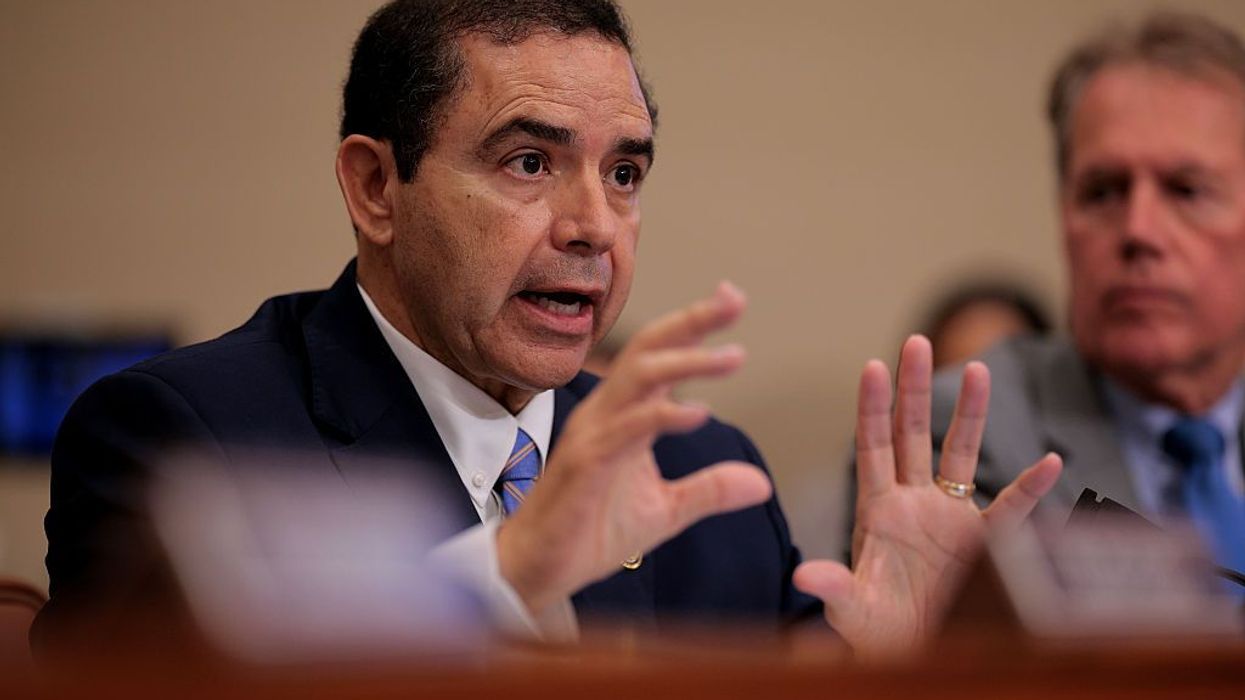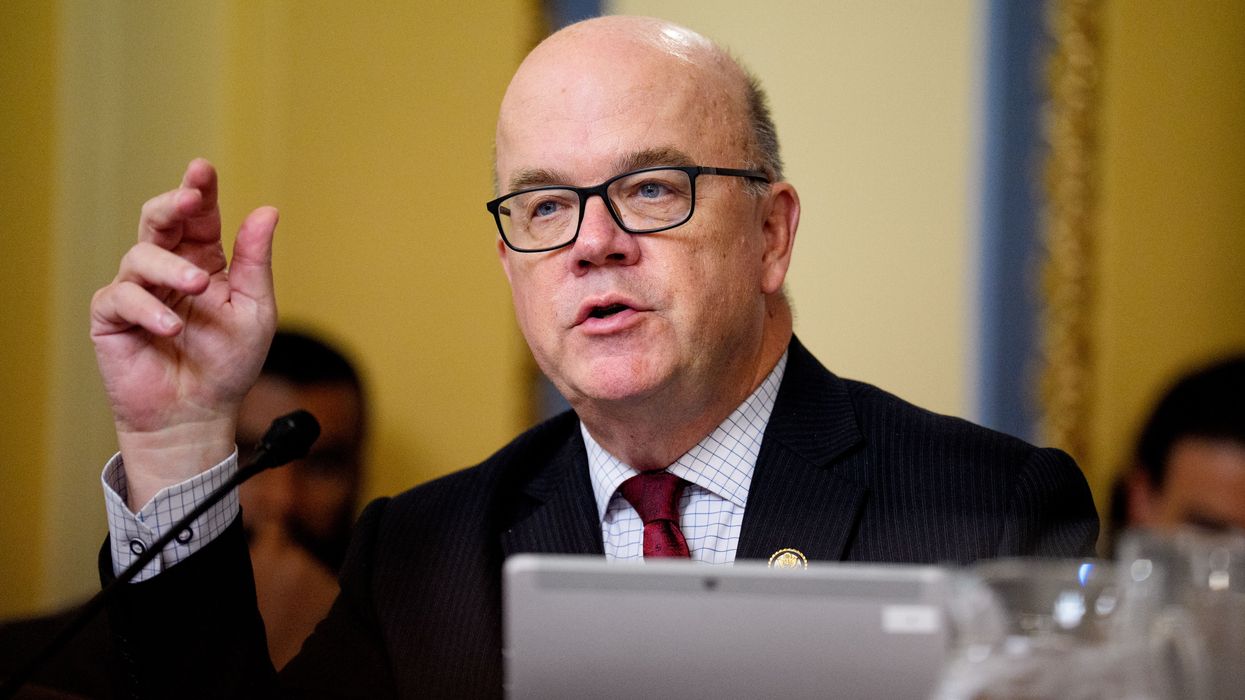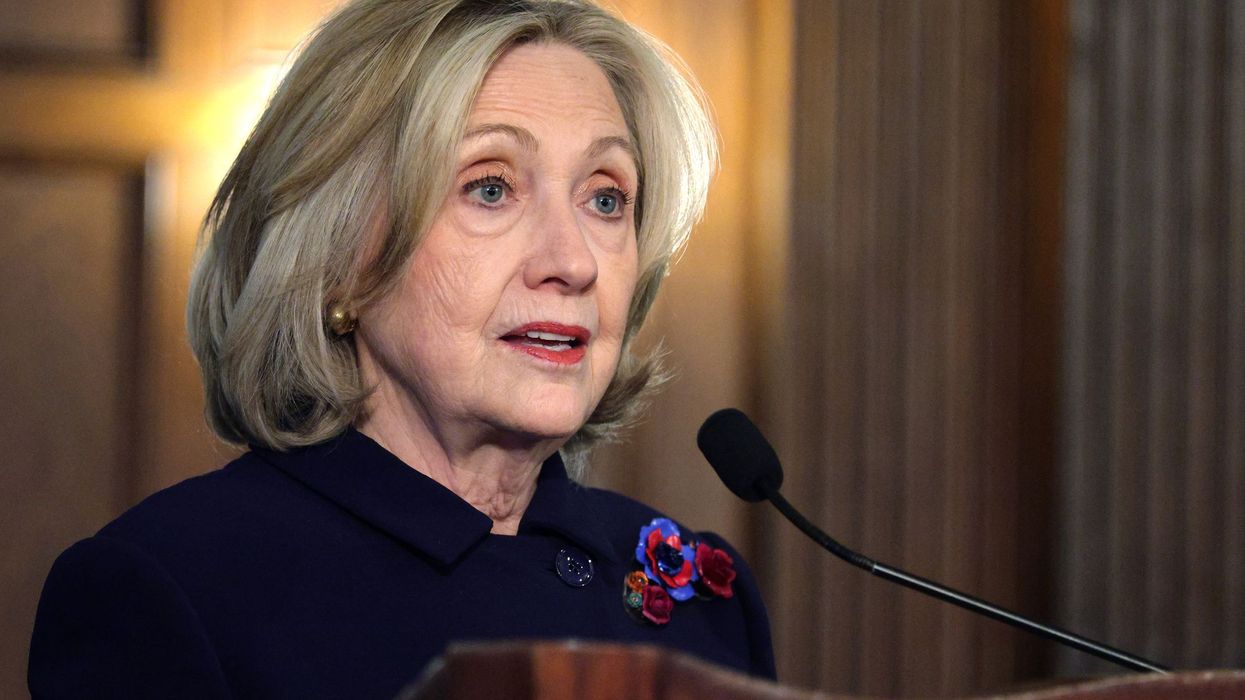September, 14 2009, 09:37am EDT
For Immediate Release
Contact:
Bruce Mirken, MPP director of communications 415-585-6404 or 202-215-4205
Marijuana Arrests Drop for First Time Since 2002
Five Years of Record Arrests Had No Effect on Rate of Marijuana Use
WASHINGTON
U.S. marijuana arrests declined in 2008 - the first such drop since 2002 -- according to figures released by the FBI today. According to the just-released Uniform Crime Reports, U.S. law enforcement made 847,863 arrests on marijuana charges, 89 percent of which were for possession, not sale or manufacture -- more arrests for marijuana possession than for all violent crimes combined. An American was arrested on marijuana charges every 37 seconds.
Marijuana arrests peaked in 2007 at over 872,000.
The new report comes on the heels of the 2008 National Survey on Drug Use and Health, released Sept. 10, which showed an increase in both the number and percentage of Americans who admit having used marijuana. In 2003, when marijuana arrests set what was then an all-time record of 755,186, 40.6 percent of Americans aged 12 and over said they had used marijuana. In 2008, that figure was 41 percent, or 102,404,000 Americans willing to tell government survey-takers that they had used marijuana.
"This slight dip in the number of marijuana arrests provides a small amount of relief to the tens of millions of American marijuana consumers who have been under attack by their own government for decades," said Marijuana Policy Project executive director Rob Kampia. "It's time to stop wasting billions of tax dollars criminalizing responsible Americans for using a substance that's safer than alcohol, and to put an end to policies that simply hand this massive consumer market to unregulated criminals."
The Marijuana Policy Project (MPP) is the number one organization in the U.S. legalizing cannabis. We passed 13 medical cannabis laws in the past 15 years, and we ran winning campaigns in eight of the 11 legalization states. No organization in the movement has changed as many cannabis laws, impacted as many patients and consumers, created as many new markets, or done more to end cannabis prohibition in the U.S. than MPP.
LATEST NEWS
‘This Is Disgusting’: Trump Pardons Henry Cuellar After Bribery, Money Laundering Charges
"Henry Cuellar, the last anti-choice Democrat in the House, sold out his own community for bribes from a foreign government and oil corporation," said Sunrise Movement in condemning the Trump pardon.
Dec 03, 2025
President Donald Trump on Wednesday announced that he was pardoning Democratic US Rep. Henry Cuellar, who was indicted by the Department of Justice in 2024 on charges of bribery, conspiracy, and money laundering.
In justifying the pardon, Trump baselessly claimed that the Texas lawmaker was the victim of vindictive prosecution by former President Joe Biden in supposed retaliation for Cuellar's criticisms of Biden's immigration policies.
"Henry, I don't know you, but you can sleep well tonight," Trump wrote at the end of his pardon announcement. "Your nightmare is finally over!"
According to federal prosecutors, Cuellar and his wife, Imelda Cuellar, engaged in a corrupt scheme that involved taking $600,000 worth of bribes from a fossil fuel company owned by the government of Azerbaijan in exchange for desired policy outcomes.
"The bribe payments were laundered, pursuant to sham consulting contracts, through a series of front companies and middlemen into shell companies owned by Imelda Cuellar,” prosecutors alleged in their indictment. “In exchange for the bribe payments to Imelda Cuellar, Henry Cuellar agreed to perform official acts in his capacity as a member of Congress, to commit acts in violation of his official duties, and to act as an agent of the government of Azerbaijan."
As noted by congressional reporter Jamie Dupree, Cuellar is the twelfth current or former member of Congress whom Trump has pardoned, and is the first one to receive a pardon without having been criminally convicted.
Cuellar is also just the second current or former Democratic member of Congress to receive a pardon from Trump, who also pardoned former Illinois Gov. and ex-US Rep. Rod Blagojevich, who was found guilty in 2011 on multiple corruption charges related to his attempt to sell a US Senate seat that had been vacated by Barack Obama after his election to the presidency in 2008.
Some progressives expressed revulsion at Trump's pardon of Cuellar, one of the most conservative members of the House Democratic caucus who has nonetheless been defended by party leadership despite criminal charges leveled against him.
"This is disgusting," wrote Sunrise Movement's official X account. "Henry Cuellar, the last anti-choice Democrat in the House, sold out his own community for bribes from a foreign government and oil corporation. Then he cozied up to Trump for a pardon while the Democratic establishment stood by and watched."
Melanie D'Arrigo, executive director of Campaign for New York Health, speculated that Trump pardoned Cuellar as a reward for stifling past progressive policy ambitions.
"Henry Cuellar is part of the Problem Solvers Caucus—a 'bipartisan' group where the Democrat members repeatedly undermine the Democrats' agenda to help Republicans, while taking campaign donations from Republican billionaires," she wrote. "This is a 'thank you.'"
Emma Vigeland, cohost of "The Majority Report" talk show, wondered if Trump had worked out an explicit quid pro quo with Cuellar ahead of the pardon.
"Cuellar is an anti-abortion Democrat who will likely switch parties now that Trump has gotten him out of a dozen bribery and money laundering charges," she wrote.
However, the Texas Tribune reports that Cuellar on Wednesday filed to run for reelection as a Democrat, which for now casts doubt on him switching parties as a condition of getting pardoned.
Keep ReadingShow Less
Congressmen Unveil Bipartisan War Powers Resolution to Block Trump War on Venezuela
"No conflict for oil, no armed intervention, no war with Venezuela!" said Rep. Jim McGovern.
Dec 03, 2025
As President Donald Trump and Defense Secretary Pete Hegseth face mounting fury over their deadly boat bombings and threats against Venezuela, a trio of US lawmakers on Tuesday introduced a bipartisan war powers resolution aimed at blocking any attacks on the South American country not authorized by Congress.
"Donald Trump claimed he would put America first—instead, he's trying to drag us into an illegal war in Venezuela," said Rep. Jim McGovern (D-Mass.), ranking member of the House Rules Committee and co-chair of the Tom Lantos Human Rights Commission, in a statement. "Whatever this is about, it has nothing to do with stopping drugs."
"Trump just pardoned the former president of Honduras, who was convicted of sending cocaine to the US. And... he pardoned a guy who brought fentanyl in from China via the dark web," he highlighted. "To me, this appears to be all about creating a pretext for regime change. And I believe Congress has a duty to step in and assert our constitutional authority. No more illegal boat strikes, and no unauthorized war in Venezuela."
So far, congressional efforts to prevent Trump from waging war on Venezuela and continuing to blow up boats the administration claims are running drugs in the Caribbean and Pacific—the US military has attacked 22 vessels and killed at least 83 people—have not been successful.
On Tuesday, while answering questions about reporting that the first vessel attack on September 2 involved a double-tap strike that killed survivors, the president signaled he will soon pursue long-threatened attacks on Venezuelan soil.
"We're going to start doing those strikes on land too," Trump said. "The land is much easier" than bombing boats, "and we know the routes they take," he continued, referring to alleged drug traffickers.
Meanwhile, Rep. Joaquin Castro (D-Texas), a cosponsor of the new resolution and ranking member of the House Foreign Affairs Committee's Western Hemisphere Subcommittee, said that "President Trump has undermined our alliances in the Western Hemisphere, openly interfered in elections, conducted illegal strikes on boats in the Caribbean, and threatened foreign military intervention."
"He has put our country at the brink of a war with Venezuela without a debate or vote in the Congress," Castro said of Trump. "This resolution will ensure that every member of the House is on the record about sending service members to a war that Americans do not want."
Castro and McGovern are spearheading the new push with Rep. Thomas Massie (R-Ky.), who previously joined with Democrats to force the House's November vote on releasing federal files related to deceased sex offender Jeffrey Epstein, Trump's former friend. The bill is also backed by three California Democrats: Reps. Sara Jacobs, Sydney Kamlager-Dove, and Ro Khanna.
"The Constitution does not permit the executive branch to unilaterally commit an act of war against a sovereign nation that hasn't attacked the United States," Massie stressed. "Congress has the sole power to declare war against Venezuela. Congress must decide such matters according to our Constitution."
Keep ReadingShow Less
Hillary Clinton Joins in Blaming TikTok for Young Americans' View That Israel Is Committing Genocide
"I guess Hillary Clinton also thinks that Amnesty International called what’s happening in Gaza a genocide because they saw some videos on TikTok and just 'did not know history,'" said one observer.
Dec 03, 2025
Since Israel began bombarding Gaza and starving its population of more than 2 million Palestinians in October 2023, the consensus that the Israeli government is committing genocide has steadily grown to include international and Israeli human rights groups, a United Nations panel, Holocaust scholars, and nearly 40% of Jewish Americans, according to one striking recent survey.
But in 10 words, former US Secretary of State Hillary Clinton on Tuesday waved away the findings of respected groups like Amnesty International and renowned experts like Brown University professor Omer Bartov, when she commented on why young Americans are expressing support for Palestinians.
"They were getting their information from social media, particularly TikTok," said Clinton.
Without pointing to any evidence, the former secretary of state said young people in the US are "seeing short-form videos, some of them totally made up, some of them not at all representing what they claim to be showing, and that’s where they get their information" about Israel's attacks on Gaza.
She added that "it’s not just the usual suspects"—without naming who those pro-Palestinian "suspects" are.
"It’s a lot of young Jewish Americans who don’t know the history and don’t understand," she said. "A lot of the challenge is with younger people."
Hillary Clinton blames TikTok and “totally made up” videos for young people’s views on Israel and Palestine.
She says social media influenced “not just the usual suspects” but also “young Jewish Americans who don’t know the history and don’t understand.” https://t.co/rUVXRqK2rK pic.twitter.com/hAwG7Gbhwf
— Prem Thakker (@prem_thakker) December 2, 2025
Her remarks echoed those of former Obama White House speechwriter Sarah Hurwitz, who spoke recently about the challenges Zionists are presented with when they try to defend Israel to young Jewish people who have seen widely available, credible images and news out of Gaza, where Israel has killed more than 70,000 Palestinians and is continuing to restrict humanitarian aid despite a ceasefire deal reached in October.
"Anything that we try to say to them, they’re hearing it through this wall of carnage," Hurwitz lamented last month, drawing condemnation.
Clinton was speaking at an event in New York City for Israel Hayom, the most widely read newspaper in Israel, which is run by billionaire Miriam Adelson, a megadonor to President Donald Trump. Adelson published an editorial in the Jewish Journal in November 2023 saying pro-Palestinian protesters "are dead to us," and her late husband, Republican donor Sheldon Adelson, said in 2014 that the Palestinians are "an invented people."
Jeremy Slevin, a senior adviser to Sen. Bernie Sanders (I-Vt.), pointed to the irony of Clinton attending an event associated with the Adelsons and then claiming that "the kids are being radicalized by anti-Israel propaganda."
Clinton has frequently claimed that pro-Palestinian Americans, particularly students who took part in nationwide campus protests last year as they urged the Biden administration to comply with US law and stop funding Israel's attacks on Gaza, are simply misinformed about Palestine and ignorant of history, particularly pointing to the 2000 Camp David Summit hosted by former President Bill Clinton.
The former secretary of state has repeated the claim that the Palestinians were offered a "generous deal" at the meeting and "walked away"—a "myth" that Camp David negotiator Robert Malley has debunked, warning it's been used by Clinton and others to "justify Israel's genocide."
Robert Malley on the myth of “Palestinians walked away” at Camp David (July 2000):
➤ Malley says the popular story pushed since 2000 – that Arafat rejected a “generous offer” – is contradicted by the actual record. Israeli PM Barak sidelined the Palestinians for a year,… pic.twitter.com/3vlf1Rl4qj
— Drop Site (@DropSiteNews) November 28, 2025
"She’s the one getting the history wrong," including at the Israel Hayom event, said Drop Site News on Tuesday.
A number of observers took issue with Clinton's suggestion that anti-Israel sentiment in the US is being driven solely by young people, with Just Security executive editor Adil Haque issuing a "periodic reminder that the biggest shift in attitudes toward Israel and Palestine has been among older Democrats."
In 2022, 43% Democratic voters ages 50 and up had an unfavorable view of Israel. That percentage has risen sharply since Israel began its onslaught in Gaza, with 66% of those voters reporting an unfavorable view in a Pew Research Center poll this year.
Meanwhile, 71% of Democrats ages 49 and under opposed Israel in the same poll, and 62% of them had expressed opposition in 2022, denoting a less extreme shift in opinion.
"Democrats get their news from CNN more than other mainstream sources," said Haque, pointing to the network's recent investigation about Palestinian aid-seekers who were killed by Israeli forces. "If you're a 60-year-old with grandkids and you read or watch CNN's Gaza reporting, you don't need TikTok to know that what's happening is very, very wrong."
Dylan Williams, vice president of government affairs at the Center for International Policy, also suggested Clinton has an inaccurate view of who opposes Israel's ongoing attacks on Palestinians.
"I’m nearly 50. I don’t use TikTok. I listen to NPR 'Morning Edition' and read the Financial Times daily," said Williams. "I’m a lawyer who has worked on Israel-Palestine issues for the last 20 years. The evidence I’ve seen that Israel committed atrocities including genocide in Gaza is overwhelming."
Author Jason Overstreet wondered how Clinton would explain the findings of human rights groups like Amnesty International and Israel-based B'Tselem, which pointed to testimonies by Israeli soldiers and the documented destruction of Gaza's food system when it concluded in a report in July that Israel is committing genocide in the exclave.
"I guess Hillary Clinton also thinks that Amnesty International called what’s happening in Gaza a genocide because they saw some videos on TikTok and just 'did not know history,'" said Overstreet. "Young people’s views on Israel are based on young people knowing that Israel has committed genocide."
Keep ReadingShow Less
Most Popular


